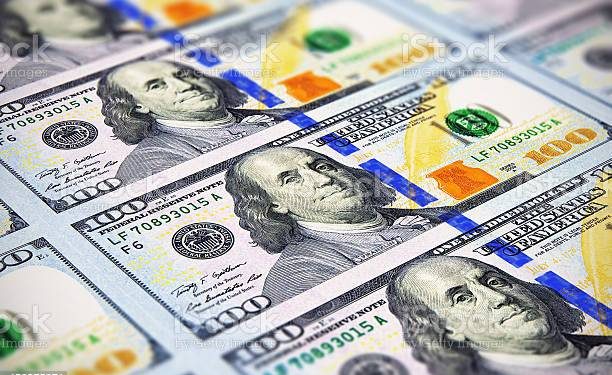The Nigerian Naira reached an unprecedented low of N1348.63 against the US Dollar on the official Nigerian Autonomous Foreign Exchange Market. This marks a staggering 51.21% decline from the N891.90/$ rate observed just the previous Friday. The current official exchange rate is the weakest since the Central Bank of Nigeria floated the national currency in June 2023.
This downward trend continues despite the Central Bank of Nigeria’s and the Federal Government’s efforts to enhance liquidity in the foreign exchange market. The parallel foreign exchange market has also experienced a drop, with the naira falling to N1,450/$, as reported by Bureau de Change Operators, compared to the N1,420/$ rate observed on the previous Friday.
The cryptocurrency peer-to-peer market, particularly on Binance’s P2P platform, witnessed the naira trading at N1,429/$. Nigeria’s active participation in the peer-to-peer exchange volumes globally, as noted by blockchain firm Chainalysis, remains evident.
The recent depreciation of the naira comes amidst ongoing efforts by the Central Bank of Nigeria to clear forex backlogs, including a recent payment of $500 million, adding to the $2 billion payment made earlier. However, rumours circulate that the apex bank still owes around $7 billion in forex backlogs.
CBN’s spokesperson, Mrs. Hakama Sidi Ali, confirmed the $500 million payment, emphasizing the institution’s commitment to resolving legitimate forex backlogs promptly. She assured the public that the CBN is implementing a comprehensive strategy to improve cash flow in the Nigerian foreign exchange markets across short, medium, and long-term durations.
CBN Governor Olayemi Cardoso acknowledged that the naira is currently undervalued while expressing the bank’s focus on addressing fundamental challenges that have hindered the effective operation of the Nigerian FX markets over the years.
The persistent fall of the naira is anticipated to impact the prices of goods and services in Nigeria, potentially leading to manufacturers increasing commodity prices in response to the fluctuations in the exchange rate.










